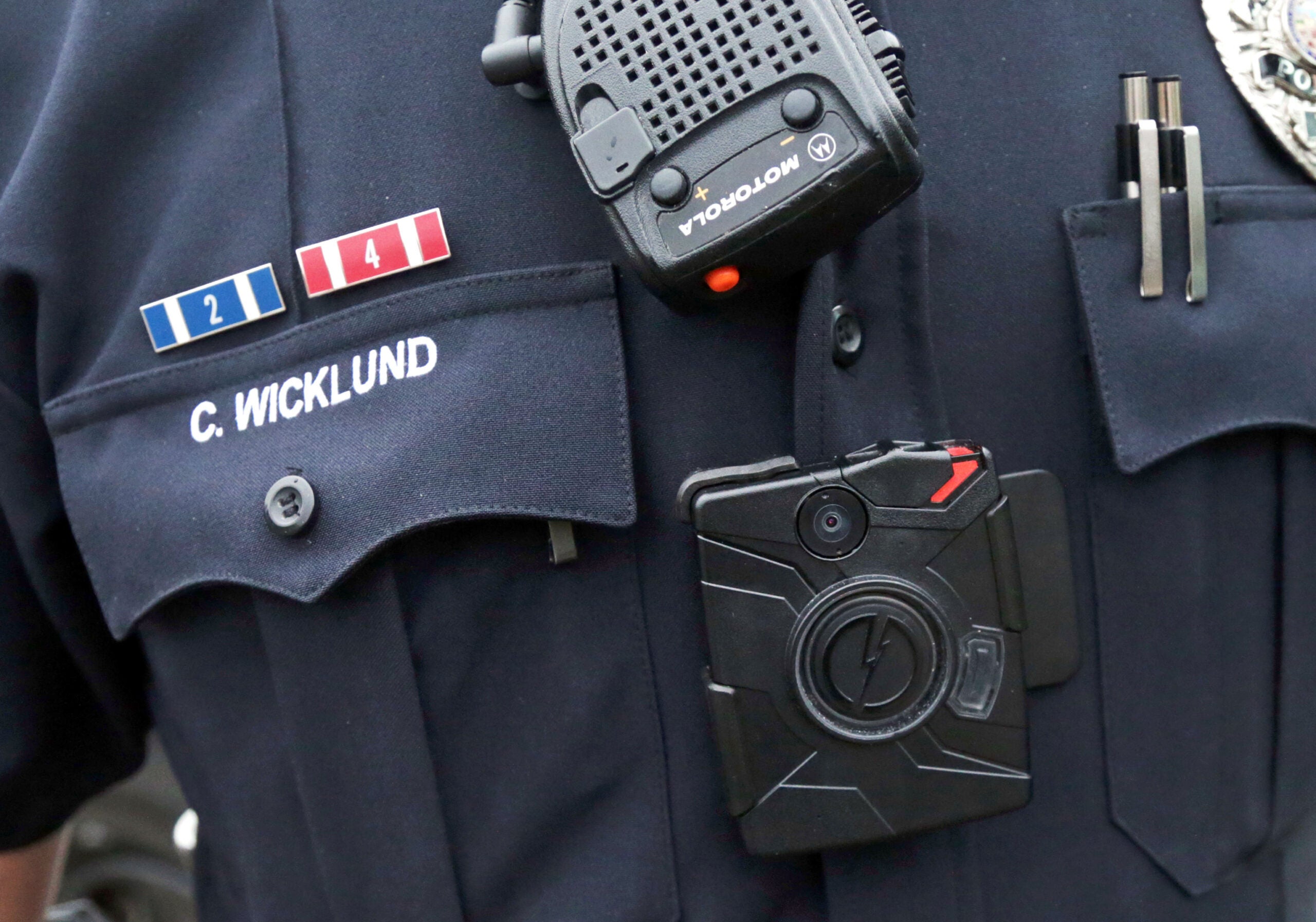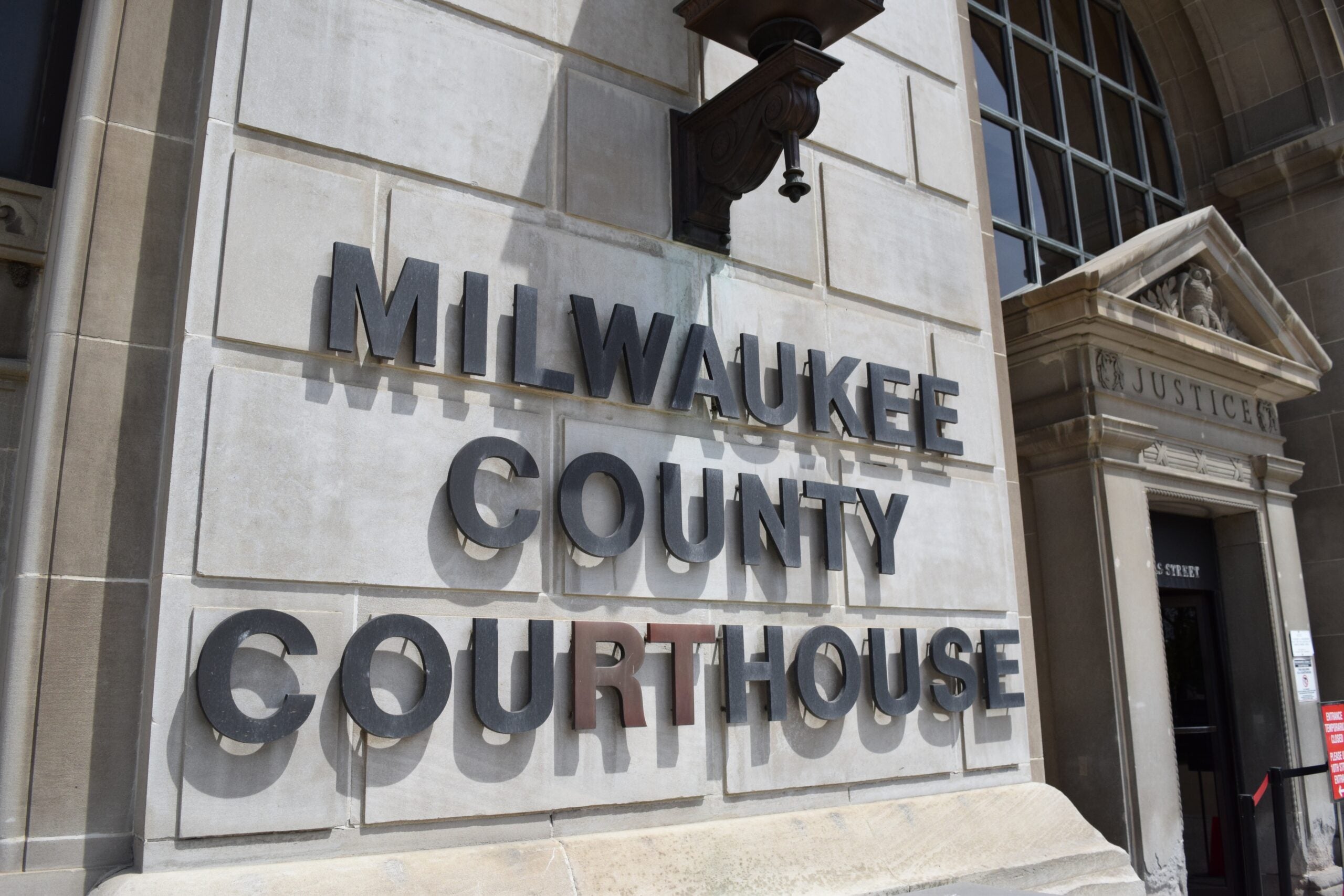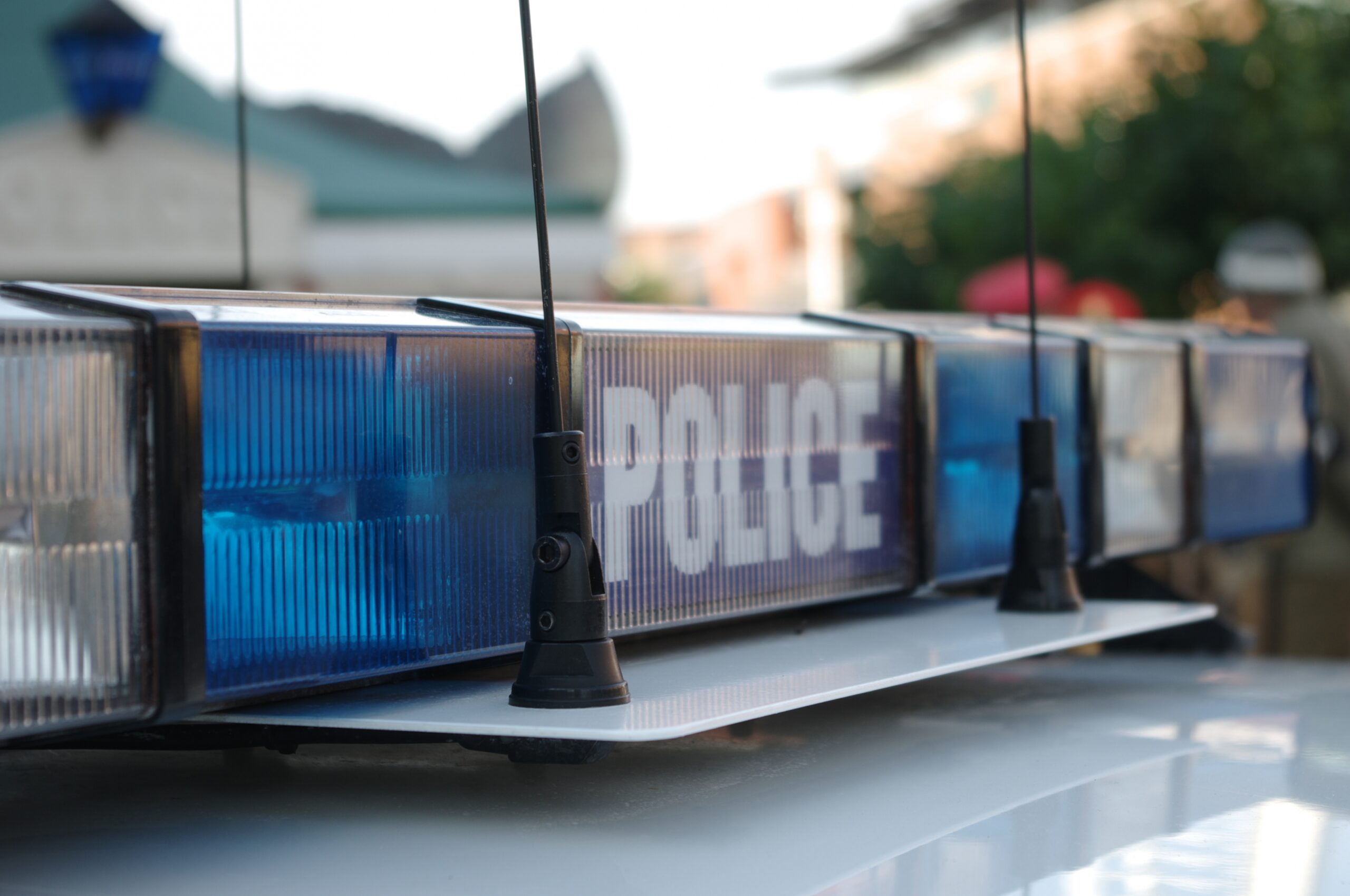Most people in the state want police to wear body cameras, according to a poll conducted for the Wisconsin Professional Police Association.
But while their use is growing, relatively few departments in Wisconsin use them.
“I think cost is a predominant factor. The devices themselves are relatively inexpensive but it’s the storage of all the data they collect. And that’s where agencies can see considerable costs,” said WPPA executive director Jim Palmer.
News with a little more humanity
WPR’s “Wisconsin Today” newsletter keeps you connected to the state you love without feeling overwhelmed. No paywall. No agenda. No corporate filter.
No group tracks how many of the state’s more than 500 law enforcement agencies use body cameras. But a company that manufactures them, Axon, told Palmer’s group that only 60 law enforcement agencies in Wisconsin use body-worn cameras to one degree or another. The Madison Police Department, for instance, only uses them for members of their SWAT team.
The public and police hope to gain transparency and trust with body cameras but a recent review of studies published in Governing magazine suggests body cameras largely aren’t having the effects many expected.
The report from the Center for Evidence-Based Crime Policy at George Mason University found mixed results on use of force.
“I never believe body cameras would limit officers’ use of force,” Town of Madison Police Chief Gregory Scott told WPR in an email. “When force is used, it is dictated by the suspect and officers must respond. The camera, hopefully, captures why the officers used force and what force was used.”
Palmer agrees cameras haven’t led to drastic changed in law enforcement behavior. “We view that as a positive but obviously others might disagree,” he said.
Milwaukee, which began using body cameras in 2013, has had several high-profile officer-involved shootings and the city settled an ACLU lawsuit over its stop-and-frisk policy last year.
A city analysis showed use of police force was dropping before cameras went into use.
Cameras have been linked to more prosecutions across the country, not for police but citizens, according to the George Mason report.
In the Town of Madison, Scott said one of the reasons he wanted body cameras was to protect officers against false complaints.
The George Mason report did not find police doing less enforcement because of body cameras but Scott said he believes it keeps officers calmer, knowing they are on camera.
Wisconsin Public Radio, © Copyright 2025, Board of Regents of the University of Wisconsin System and Wisconsin Educational Communications Board.






